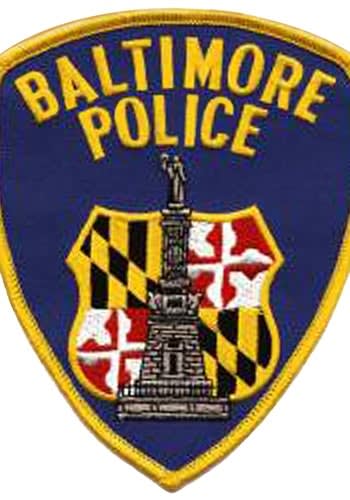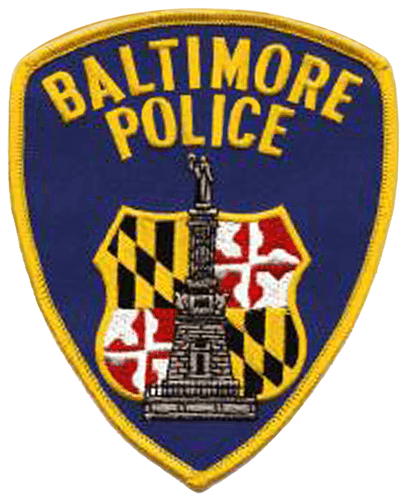Where are the jet-hopping racial activists like Jesse Jackson and Al Sharpton screaming “No justice. No Peace!”? Where are the Million Man Marchers clogging the streets of Pennsylvania Avenue, crying out against injustice? They are AWOL and don’t look for them to appear anytime soon. The rocketing crime and murder rates of Baltimore, Chicago, and similar urban cities doesn’t fit into their anti-police narrative, so don’t expect them to get outraged about it.
As a criminologist, I can tell you exactly why Baltimore and similar cities are experiencing through the roof violent crime rates, but that’s for another column. However, as a retired police officer, I will share with you one component of the equation. Police officers have begun to take a serious look at what has happened to their once proud profession and, at least in Baltimore, they have made a choice, they are not taking risks anymore.
Police work, to most of us in the law enforcement “family,” is not simply a job—it’s a calling. We joined to serve and protect our communities. Unlike TV and movie portrayals of cops and detectives, 95% of police work is mundane and uneventful, with a 5% adrenalin rush of excitement. Cops don’t like criminals, “perps” and “bad guys.” They threaten our communities, our families and friends. And we are willing to take risks and make sacrifices to stop that threat.
Service people (like the military) want to serve, but they want to be appreciated for their service and they want to be supported by their communities and governments. They want to be trained and led properly and professionally–not politically. They want to see commitment for the mission of crime or terrorist suppression and elimination and they want to be fully supported when they do their jobs properly and legally.
When support of policing is lacking, when severe criticism for a relative few rogue officers is heaped upon all men and women wearing the badge, officers will circle the wagons for self-preservation. Just like soldiers, law enforcement officers will be there for their fellow officers, but now they’ll think twice before they will be there for the public, especially when they are swarmed by angry mobs during calls for service.













